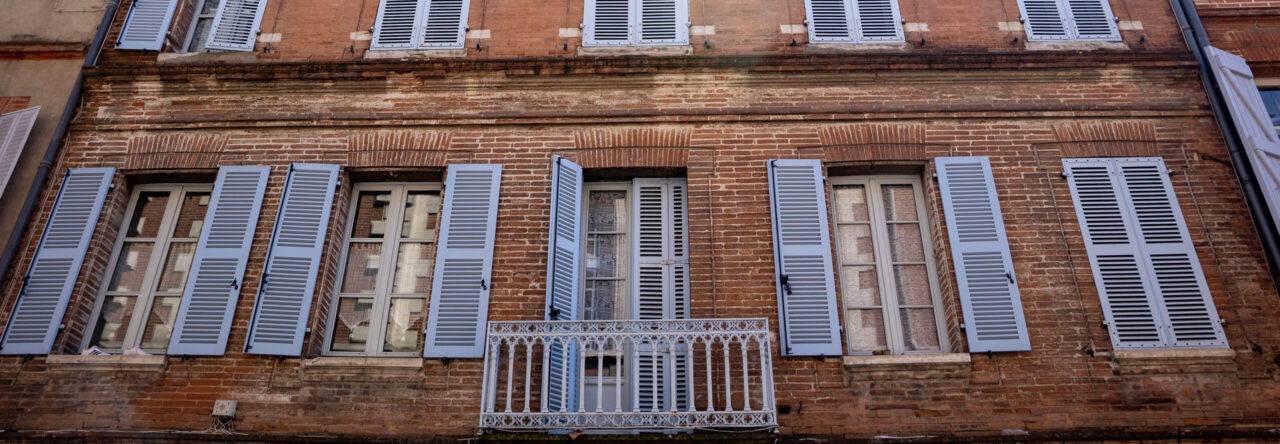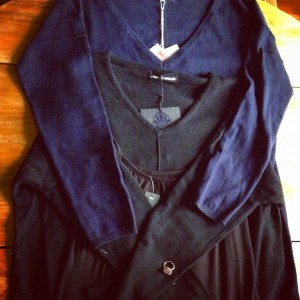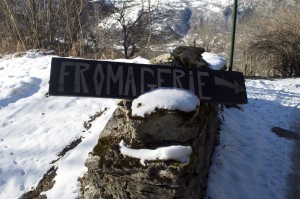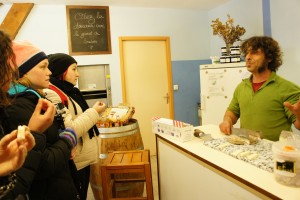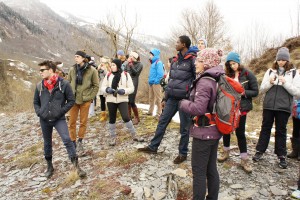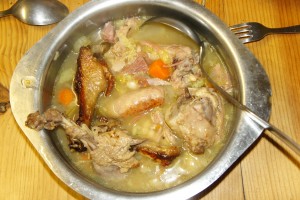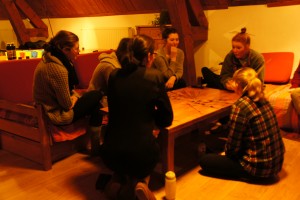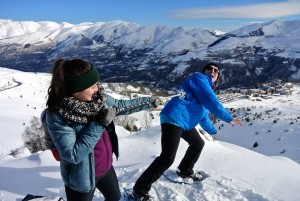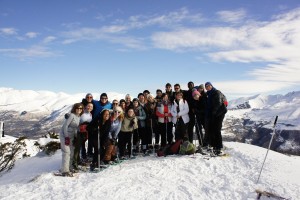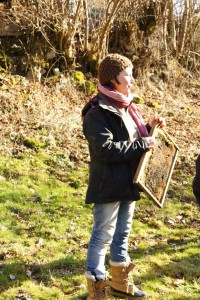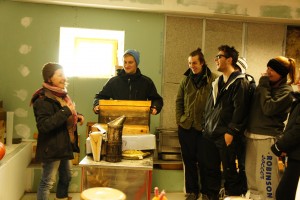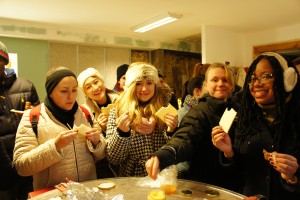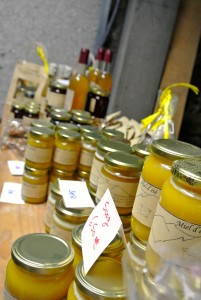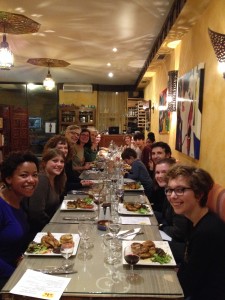All my life, I heard grand descriptions of French cuisine: its perfection and diversity. Before the start of the semester, each person told me of a favorite meal, wine, cheese, or pastry. French food’s fame extends around the world. However, the first three weeks in France showed me the subtle elements that neither book nor anyone have described to me.
In the United States, huge companies like Chipotle, Panera and Dunkin Donuts dominate the market. In Toulouse, there is no mass commercialization of food. On every street you can find a bakery, a pastry and coffee shop with many similar products. Yet every little shop has its unique variation or special morsel. So far, I have only eaten incredible food. In my view, my hosts prepare the best food.
My hosts prepare delicious meals of course, but the quality of said food surpasses the taste of breath or galette des Rois. These meals are opportunities where the importance and meaning of true French cuisine become clear. We are progressing slowly with every meal, while respecting the different phases. The main course, cheese, dessert and coffee are each respected in turn. We always take the time to speak not only of the events of the day, but we also engage in discussions: the exchange of political or cultural philosophies. During the first dinner with my hosts, I discussed the American perspectives on European Union.
French cuisine is an important cultural aspect for reasons larger than its rich taste and its sophisticated presentation. In France, one fosters a real respect for food. That is to say, we respect all the traditions that accompany the cuisine. Meals catalyze connections between people. With whom I share a meal does not change the dynamics of what happens. With all the friends or relative of my hosts, people I meet for the first time, or my French friends from Jean Jaurès we take the time to exchange views on important issues. Cheese, coffee or meals are not just things we eat or a necessary and mundane step of everyday life. They are tools used to construct relationships and important characteristics or French culture that I am really going to miss at the end of the semester.
